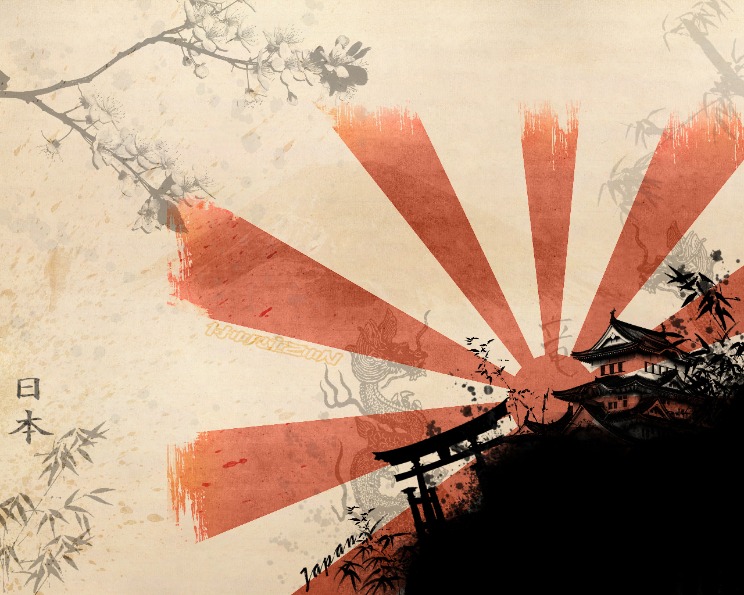Let’s be real. If you’ve ever spent more than five minutes in Japan, you’ve formed a deep, spiritual bond with a konbini. It’s not just a store; it’s a sanctuary, a therapist’s office, a five-star restaurant, and a lifeline, all packaged into a 24-hour fluorescent-lit paradise. But navigating a Japanese convenience store is an art form, a delicate dance with unspoken rules that, when mastered, unlocks a new level of living. Forget temples and skyscrapers; the true heart of modern Japan beats next to the chilled dessert case.
More Than Just Onigiri and Melon Pan
To the uninitiated, a 7-Eleven, FamilyMart, or Lawson might look like its counterparts elsewhere. This is a grave miscalculation. Walk in with that attitude, and you’ll miss the magic. This is where you can pay your electricity bill, buy concert tickets, print documents, ship a package, and then pick up a lunch that would make a Michelin-starred chef nod in approval. All while the clerk performs a ballet of efficiency so precise you’d think they were defusing a bomb.
The first rule of Konbini Club? You must acknowledge the glory of the prepared food section. This isn’t sad, lukewarm pizza under a heat lamp. We’re talking about freshly made sandwiches with crustless white bread, exquisite pasta salads, and a fried chicken selection (Famichiki from FamilyMart, anyone?) that has sparked civil debates more heated than political discussions. And the onigiri! Those triangular bundles of joy, wrapped in nori that’s cleverly separated from the rice to maintain perfect crunch, hiding fillings from classic umeboshi (salty plum) to decadent teriyaki chicken. It’s a culinary adventure for under 200 yen.
The Beverage Wonderland
If you’re not slightly overwhelmed by the drink cabinet, you’re not paying attention. It’s a wall of choices that stretches for what feels like miles. The seasonal rotations are a thing of beauty. In autumn, everything is sweet potato and chestnut flavored. Summer brings a cascade of citrus and watermelon drinks. Winter means strawberry everything. And coffee? Don’t get me started. The hot can coffee, dispensed from a machine, is a national treasure. For 100 yen, you can get a genuinely great brew, whether you need a sugar-hit from a Georgia “Max Coffee” or a bitter kick from a Boss Black.
But here’s a pro tip: the true test of a konbini veteran is their relationship with the staff. The transaction is a thing of speed and grace. Your items are scanned at lightning speed, placed neatly in a basket, and then handled with care as they are bagged. And the bagging! They ask if you need a hot and cold bag separate. They will gently place your fragile bread on top. It’s a level of service that feels borderline therapeutic.
The Social Contract of the Konbini
Beyond the products, there’s a social code. Understanding this is key to blending in.
- The Queue is Sacred: There is always a line. It will move impossibly fast. Do not fumble. Have your money or Suica card ready. This is not the time to count out your 1-yen coins.
- The Payment Ritual: There’s a small tray for your cash. Use it. They place your change in it. This isn’t a hand-to-hand transaction. It’s a hygienic and respectful ballet.
- Trash Day, Every Day: One of the konbini’s greatest unsung heroes? The trash cans outside. In a country where public trash cans are rarer than a quiet subway car, these bins are a beacon of hope. It’s perfectly acceptable to buy your drink, consume it immediately, and dispose of the bottle right there. Society thanks you.
And then there’s the after-hours culture. At 11 p.m., the konbini transforms. It’s filled with salarymen grabbing a final beer before the last train, students cramming for exams fueled by caffeine and chocolate bread, and night owls just enjoying the quiet hum of the fridge units. It’s a non-judgmental zone, a safe haven for all of life’s late-night dilemmas.
A Microcosm of Japan Itself
In many ways, the konbini is a perfect little reflection of Japan itself. It’s incredibly efficient, clean, and orderly. It offers an astonishing variety of high-quality goods in a very small space. It’s deeply convenient and built around serving the customer with meticulous care. It respects the seasons, constantly changing and offering new things to look forward to. It’s a system that just works, and everyone understands their role in making it work seamlessly.
So next time you find yourself in Japan, don’t just duck into a convenience store for a quick snack. Take a moment. Observe the rhythm. Marvel at the fact you can get a full meal, a new shirt, and mail a birthday present at one in the morning. It’s one of Japan’s greatest modern inventions, a daily lifestyle touchstone that never, ever lets you down. For more slices of life like this, the Nanjtimes Japan always has its finger on the pulse. Now, if you’ll excuse me, I have a date with a egg salad sandwich. It’s calling my name.


